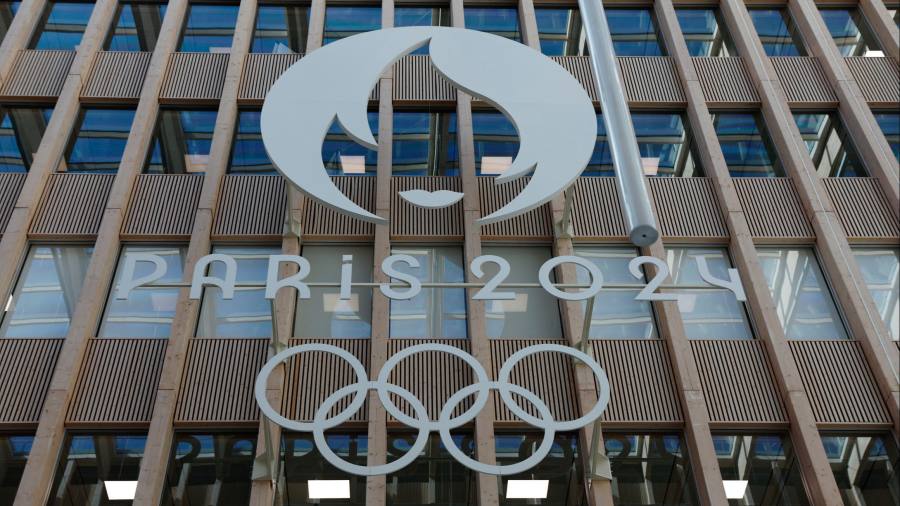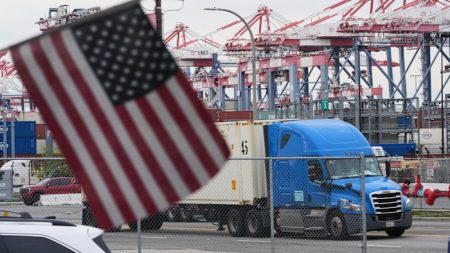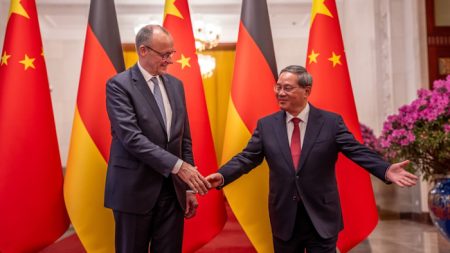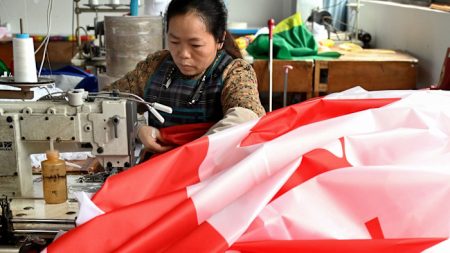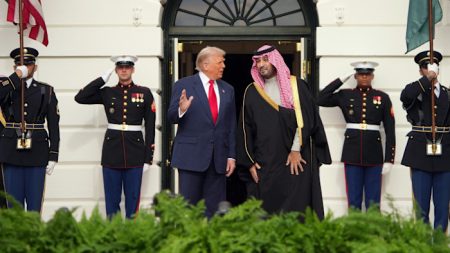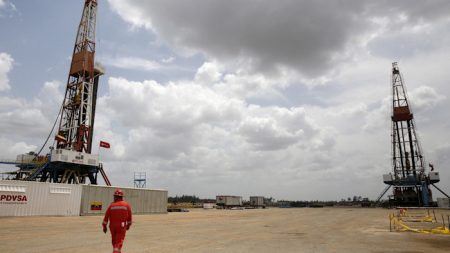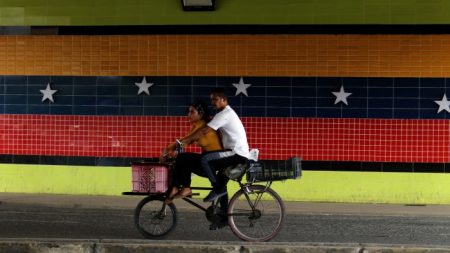Receive free Olympic Games updates
We’ll send you a myFT Daily Digest email rounding up the latest Olympic Games news every morning.
French luxury group LVMH has signed on as a partner for the Paris 2024 Olympic Games, a last-lap deal that will help the event’s organisers bridge a budget gap after an increase in costs.
The Louis Vuitton owner did not disclose the value of the agreement but it is worth roughly €150mn, said a person with knowledge of the matter.
Such support, one of several high-level pieces of sponsorship aimed at securing financing for the event, will come as a relief to the games which will be held between July 26 and August 11 next year.
Organisers had pledged to keep taxpayer funding for the event to a minimum and to lean instead on private-sector backers, but a 10 per cent increase in their operational budget to €4.4bn at the end of last year has added to financing headaches.
Corporate sponsors had been tardy in signing up to the Paris Olympics and Paralympics compared to previous editions elsewhere, with the Covid-19 pandemic delaying decisions. Some backers, such as Carrefour, have done so partly “in kind”, and the supermarket group’s package will include providing fresh fruit for athletes.
This latest deal, months in the making, marks the first time Europe’s biggest company by market value, will be a sponsor at a group level. Controlled by the family of billionaire Bernard Arnault, LVMH usually has such deals made individually within its stable of 75 brands: Vuitton is backing the 2023 Rugby World Cup in France, while Christian Dior designs formalwear for Paris Saint-Germain football players.
At the Olympics, LVMH jeweller Chaumet will design the medals, beauty retailer Sephora will be a partner for the Olympic torch relay and champagne label Moët Hennessy will supply hospitality venues. One of its luxury brands is expected to dress French athletes.
Arnault, who is LVMH chief executive, said: “It is only natural that LVMH and its maisons would be part of this exceptional international event.”
The total cost of the Paris games is now estimated to reach €8.8bn when the budget for infrastructure and construction projects such as the Olympic Village are taken into account. That compares with a €6.6bn estimate in 2017, with inflation adding to the bill.
France’s national auditing body, the Cour des Comptes, said in a June report that the complexity of the project had been underestimated financially from the start, and it warned the budget would remain very tight.
“It offers very little room for manoeuvre,” the auditor said.
Within organisers’ operational budget of €4.4bn — which was expanded by €400mn in December 2022 — roughly a third is supposed to come from ticket sales and hospitality, with the rest divided between sponsors and funding from the International Olympic Committee.
Ticket prices running to the hundreds of euros for some events had caused an outcry when they went on sale earlier this year, including among athletes.
“The LVMH contribution is not hard to surmise, it’s essentially the committee’s remaining budget shortfall,” the person close to the talks with LVMH said.
Other big French corporate sponsors include energy group EDF and telecoms company Orange.
Tony Estanguet, the head of the Paris 2024 organising committee, told reporters last week that the budget was under control, and a goal to have 92 per cent of planned partnerships signed by year end was on track.
The Paris Olympics still have substantial public support despite the controversy over ticket prices and a police search of the committee’s headquarters in June as part of corruption probes. According to a recent Harris Interactive poll commissioned by organisers, the event had broad backing from 72 per cent of people in July, though that was down from 84 per cent three years ago.
Read the full article here





